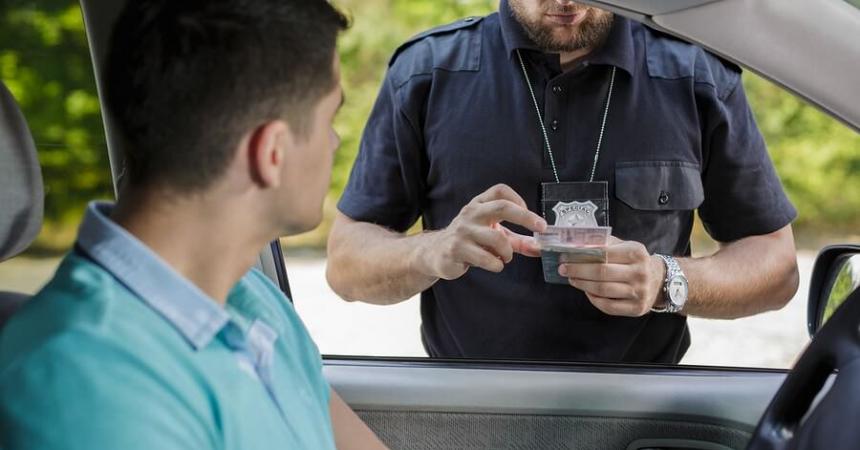How bad credit affects car insurance rates

Credit scores are numerical figures assigned by insurance companies to determine the likelihood of a policy holder filling for claims or having an accident. These scores are determined from the credit reports of the prospective policy holder. Most companies make use of historical data to predict risk factors involved for any car insurance contract. If the individual has a poor credit record, it’s seen that they are more likely to have an accident with individuals who have good credit scores. But how exactly does an individual’s bad credit increase their vehicle insurance rates? Let’s read on to find out.
How much does bad credit increase your rates?
Just as your credit score influences your interest rates for loans, it also affects the rates you will be charged for car insurance. The lower the credit scores, the higher the insurance rates. However, individuals with higher credit scores will definitely pay lesser for their car insurance. This is simply risk consideration. Insurance companies believe those who can financially manage their lives will have a lower risk ratio compared to other individuals with credit issues. Since the rate of premium is determined by the extent of risk involved, insurance companies tend to charge higher when setting up a car policy for people with history of bad credit.
Does bankruptcy affect your auto insurance rate?
If you fill for bankruptcy, it will certainly give you a bad rating on your overall credit score. Since insurance companies use your credit score as one of the criteria to determine your rates, bankruptcy will definitely affect how the ratings will be determined. Insurance companies are always looking to do business with individuals who can manage their resources well, including their vehicles. They only remain profitable if there is no or little claim for accidents. So, they always reduce their premium charges if they find out you may have little claims in the future. And one of the best ways to determine this is by looking at the prospective policy holder’s financial history, and of course, filling for bankruptcy will have a negative effect on ratings for your car insurance.
What helps and hurts your auto insurance score
If you are looking to reduce your insurance rates, you need to bring down your auto insurance score. There are several safety measures you can use to help your insurance score. Some of these measures include using anti-theft devices, electronic stability control, as well as anti-lock brakes. These safety measures significantly reduce the risk of accidents, hence, the insurance company can consider lowering your premium rate. As stated earlier, bankruptcy or bad credit can negatively impact on your auto insurance score. The impact of bankruptcy may not be completely resolved as the effect will be on your car insurance ratings, but you can still plan carefully to reduce the rate of insurance you pay in the future.
How to boost car insurance score
There are several ways of boosting car insurance score, but you can start by making your credit card payments on time in order to reduce your credit scores. Since most insurance companies would look at your credit scores when determining your insurance rates, it’s important to keep your score as high as possible in order to attract fairer rates. Again, making payments on time without leaving it until expiration can boost your credit and insurance score. In general, acting responsibly financially will definitely have positive effects on your car insurance score.
Conclusion
It might seem that someone’s credit scores do not have to do with their ability to receive good quotes for car insurance quotes, but truthfully, it actually matters. Most insurance companies will certainly look at your credit scores before determining what your auto insurance rate will be. So, it’s quite important to improve your credit score before deciding on auto insurance coverage.



